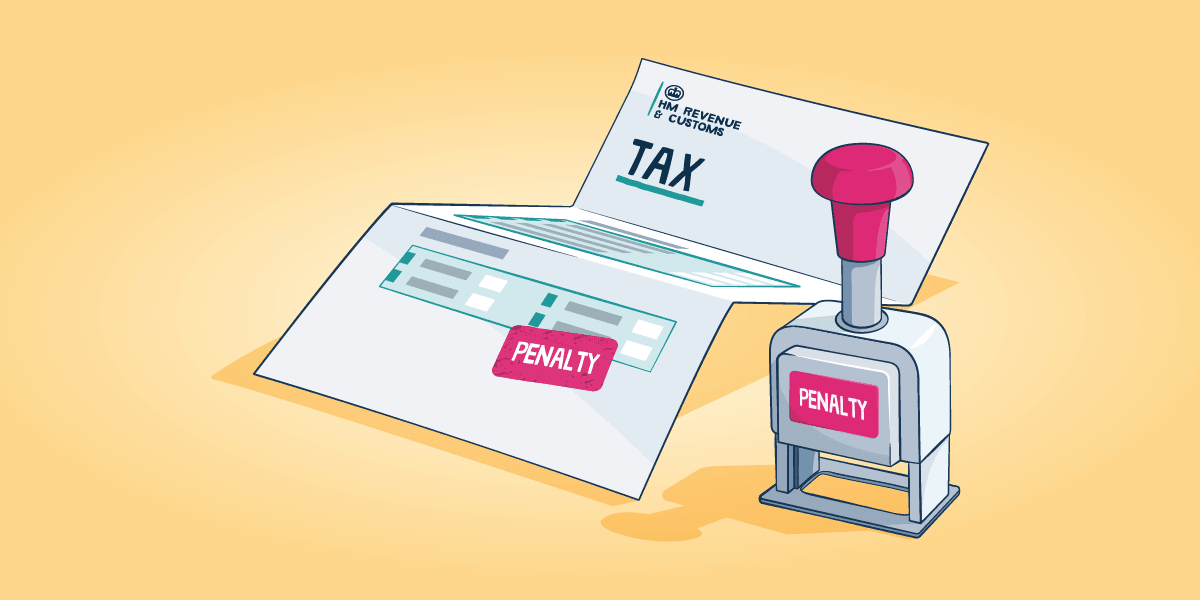- m.ayyad@fcaest.com
Tax Compliance for UAE Businesses: Staying Up-to-Date with the Regulations

Introduction
As a global hub for trade and commerce, the UAE has implemented the Value Added Tax (VAT) system to enhance its economic stability and sustainability. In this UAE guide, explore the concept of VAT Auditing in Dubai and understand its significance for all businesses operating in the region.
Understanding VAT
Before moving onto VAT Audit, let’s briefly understand the concept of Value Added Tax. VAT is an indirect tax levied on the supply of goods and services at each stage of the production and distribution chain. It is applicable to most transactions in Dubai, including imports, exports, and the provision of goods and services within the country.
What is a VAT Audit?
A VAT Audit is a comprehensive examination of a company’s financial records and VAT-related transactions to ensure compliance with the UAE’s VAT laws and regulations. The primary purpose of a VAT Audit is to verify the accuracy of all VAT returns filed by businesses and identify any discrepancies or non-compliance issues.
Why is VAT Audit important?
Compliance with VAT regulations:
VAT Audits help businesses ensure compliance with the UAE’s VAT laws, avoiding penalties and legal complications. By reviewing financial records, authorities can assess whether a company has accurately calculated and reported VAT liabilities.
Detecting errors and discrepancies:
VAT Audits play a crucial role in identifying errors, omissions, or discrepancies in VAT reporting. Through a detailed examination of transactions, records, and supporting documents, auditors can easily identify any inconsistencies or potential irregularities.
Preventing tax evasion:
VAT Audits act as a deterrent against tax evasion. By scrutinizing a company’s financial records, authorities can detect any deliberate attempts to under-report sales, overstate input tax, or engage in other fraudulent activities.
Maintaining fair competition:
VAT Audits ensure a level playing field for all businesses in Dubai. By conducting thorough audits, the authorities can identify businesses that may be gaining an unfair advantage through non-compliance or tax evasion, promoting fair competition.
The VAT Audit Process:
VAT Audits in Dubai typically involve the following steps:
Notification:
Businesses selected for a VAT Audit receive a formal notification from the Federal Tax Authority (FTA) indicating the audit period and other relevant details.
Document submission:
The audited entity is required to submit financial records, transaction documents, VAT returns, and any other supporting documents as requested by the auditors.
On-site audit:
The FTA conducts an on-site visit to examine the records and verify the accuracy of VAT calculations. The audit team may interview relevant personnel, inspect physical goods, and review contractual agreements.
Assessment and reconciliation:
The auditors analyze the submitted documents and compare them with the filed VAT returns. They identify any discrepancies or non-compliance issues, calculate potential tax liabilities, and issue an assessment report.
Response and resolution:
Upon receiving the assessment report, businesses have the opportunity to respond and address any identified issues. They provide explanations, rectify errors, and cooperate with the auditors to resolve any discrepancies.
Parting Thoughts
As Dubai continues to thrive as a global business hub, it is extremely essential for all businesses to understand the implications of VAT and the significance of VAT Audits. Compliance with VAT regulations not only ensures seamless tax operations but also fosters transparency, fair competition, and a stable economic environment.
Remember, a VAT Audit is not a cause for panic but rather an opportunity to review and rectify any unintentional errors. By maintaining accurate financial records, cooperating with auditors, and seek professional advice whenever needed.
Contact us for the best VAT Consultation in Dubai, UAE.





